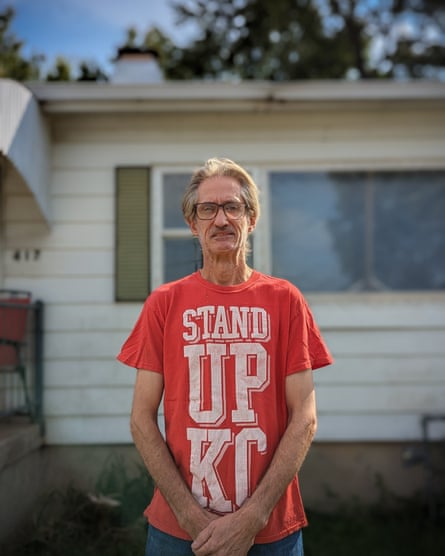
Being sick is a costly business for Bill Thompson, who worked in the fast-food industry in Independence, Missouri, for more than 30 years, and recently worked at Guitar Center until early July, when he was laid off as.
“As an older worker, I have health issues from working on my feet and with my hands for many years with no breaks for eight to 10 hours a day. I have done it for 38 years now, living paycheck to paycheck,” 54-year-old Thompson said, noting in Missouri, workers are not mandated breaks of any kind during work.
So when Republicans in Missouri repealed a paid sick leave mandate that the state’s voters approved by 58% after an aggressive lobbying campaign by the Missouri chamber of commerce and industry and other business industry groups, he said, “It was a literal gut punch.”
“If you’re not paid for missed days, it literally means food off your table, bills unpaid, rent unpaid, then that can lead towards homelessness. Some of the people I know in the movement are currently homeless but still are fighting back against this,” said Thompson. “I was very disappointed and disgusted that hard-working taxpayers this would have helped matters so little to them.”Thompson helped gather signatures for the paid-sick-leave and minimum-wage-increase ballot initiative because of his experiences of working through illnesses and losing income when he had to take off to care for his ailing mother.
Workers and labor groups in Missouri strongly criticized the repeal, arguing elected officials chose to side with “greed” over workers, as efforts to re-enact the law and prevent legislators from overturning voter ballot initiatives in Missouri are under way.
The state’s house and senate passed HB567, signed into law on 10 July by the governor, Mike Kehoe, which repealed the paid sick leave mandate and annual minimum wage increases tied to the consumer price index beyond the increase to $15 an hour in 2016 that voters also approved.
Voters in Nebraska, by more than 74.5%, and Alaska, with nearly 57% approval, also passed paid sick leave mandates in November 2024. As of December 2024, 18 states and Washington DC had enacted paid sick leave laws covering private employers.
“They chose to side with greed over the health of Missouri workers,” said Richard Eiker, a McDonald’s worker in the Kansas City, Missouri, area for more than 20 years who supported the paid sick leave mandate. “But we’re not going anywhere, we’re going to stay in this and keep fighting until we win better treatment for Missouri workers.”
Eiker said the issue of paid sick leave is a public health issue, especially for food service workers, and that he has often had to go into work sick or injured because he couldn’t afford to take the unpaid time off from work.
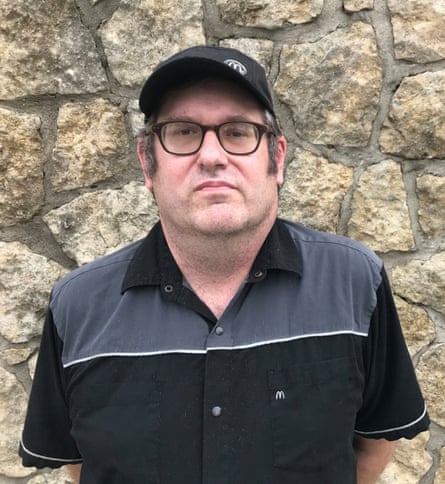
“Whether it’s been an injury I’ve sustained at work or been an illness I’ve had, I’ve often found myself having to go into work regardless of whether I recovered fully or not, simply because I can’t afford to take the time off of work in order to take care of my bills and everything,” Eiker said.
For 10 years, Eiker was the primary caregiver for his mother and he recounted that on a day that she wasn’t feeling well, he had to go to work. He came home to find her unconscious and unresponsive after she suffered a stroke.
“At the time I was caring for her, her expenses, my expenses, and we were trying to keep the apartment we were in, all these pressures on me, if I had paid sick time off and I had been able to stay with her that day, I wonder if things could have been different,” Eiker added.
Though voters all approved paid sick leave in states where Republicans have dominated in statewide elections, only Republicans in Missouri have pushed to entirely repeal paid sick leave approved by voters.
The repeal law in Missouri goes into effect on 28 August, just weeks after the paid sick leave mandate took effect in May 2025.
Proponents of paid sick leave criticized the repeal given the strong support for it and that negotiations were under way to reach a compromise.
“I think we were 95% of the way on a negotiated agreement, one that I wouldn’t have been happy with, because it would have been different than what the voters had passed. But at the end of the day, elected officials, I think, weren’t so much concerned with paid sick days. I think they were more concerned with the idea that working people have power over our lives,” said Richard von Glahn, policy director at Missouri Jobs With Justice, a worker advocacy group based in St Louis that worked on the paid sick leave ballot initiative.
“I think that was the more important issue for the chamber of commerce and elected officials to try to push back on, because I think they’re really terrified that working people have a sense of our own agency in a state like this.”
He argued the paid sick leave campaign to gather signatures and speak with voters “were easy because paid sick days are such common sense to most people”.
“Even on a day where Missourians sort of overwhelmingly voted for Donald Trump, Josh Hawley and Governor Kehoe, they also overwhelmingly voted for an increase in paid sick days,” von Glahn said. “Any notion that there’s really a Republican party, that is a party of workers, Missouri shows just how much of a stranglehold corporate interests still have on the Republican establishment. I think that’s a cautionary tale for working-class people.”
Groups in Missouri are weighing a new ballot initiative to enshrine the law in the state’s constitution, and a 2026 ballot initiative has been filed to require at least 80% of the state legislature to repeal all or parts of a voter-approved measure.
The paid sick leave mandate was repealed as the Missouri chamber of commerce and industry called the bill to do so its “top priority” during the 2025 legislative session, though repealing the law through the legislature was initially seen as challenging given the strong public support for it.
“Some legislators may look at this and go, we don’t want to goof with it at all because the percentage was so high in support of it,” Ray McCarty, CEO of Associated Industries of Missouri, said in an interview with the Missouri Independent in November 2024.
Opponents of the paid sick leave bill claimed it was “a job killer”, a common refrain in opposition to paid sick leave policies for years, though data and research have shown paid sick leave improves workforce participation and lowers employee turnover, especially of women, in addition to adding health benefits.
The authors of the bill to repeal the paid sick leave mandate in the state house and senate did not respond to multiple requests for comment.
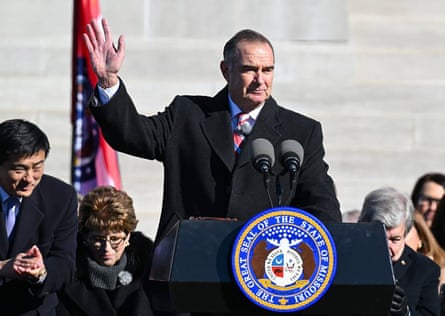
In an email, a spokesperson for Kehoe claimed “out of state special interests” played a significant role in passing the voter-approved Proposition A, though they did not name who they believe those were.
“HB567 protects families, job creators, and small businesses by rolling back government overreach, cutting red tape, and eliminating costly mandates,” the spokesperson added. “This law promotes freedom for workers to find jobs that fit their needs and for businesses to offer the benefits that work best for them – ensuring Missouri’s future is driven by its own people and economy.”
Thompson could not disagree more. In 2020, when he worked at Burger King, he said, he had to take eight weeks off of work, all unpaid, because his mother’s cancer had reached an inoperable stage and she was put on palliative care through hospice.
“I moved in with her and cared for her, cooked meals, made sure she took her meds,” explained Thompson. “I had to go to food pantries and rely on the charity of family and neighbors to feed us. She was in hospice care for eight weeks and passed away. I wasn’t paid for that time away from work. No one should go through this working in the richest country in the world.”

 German (DE)
German (DE)  English (US)
English (US)  Spanish (ES)
Spanish (ES)  French (FR)
French (FR)  Hindi (IN)
Hindi (IN)  Italian (IT)
Italian (IT)  Russian (RU)
Russian (RU)  3 weeks ago
3 weeks ago



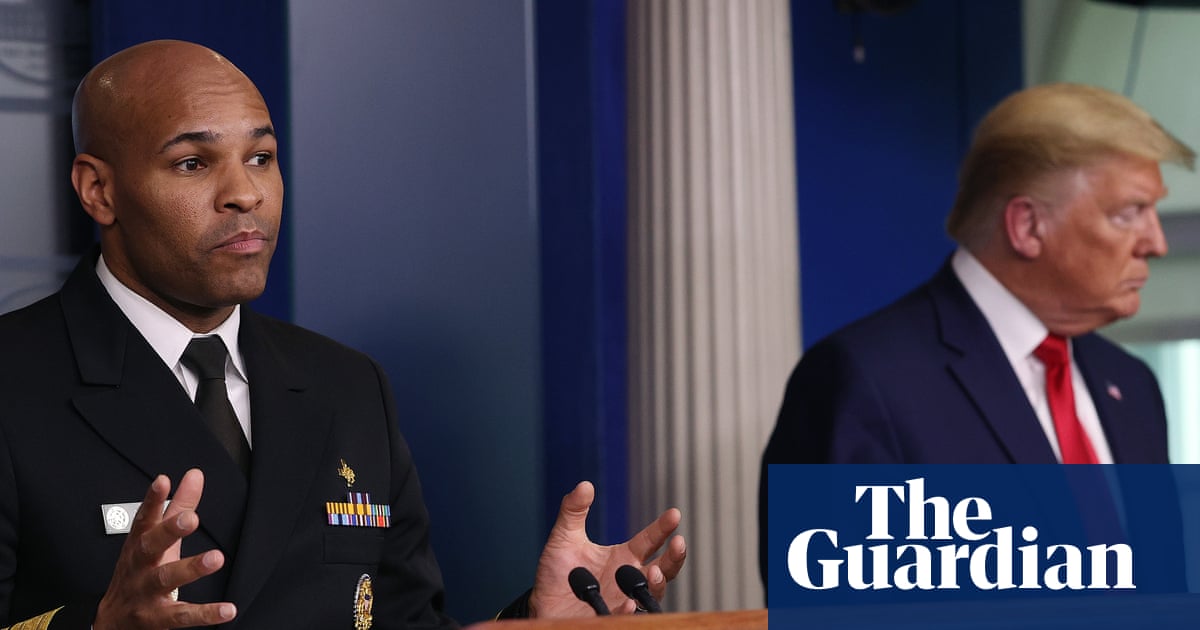


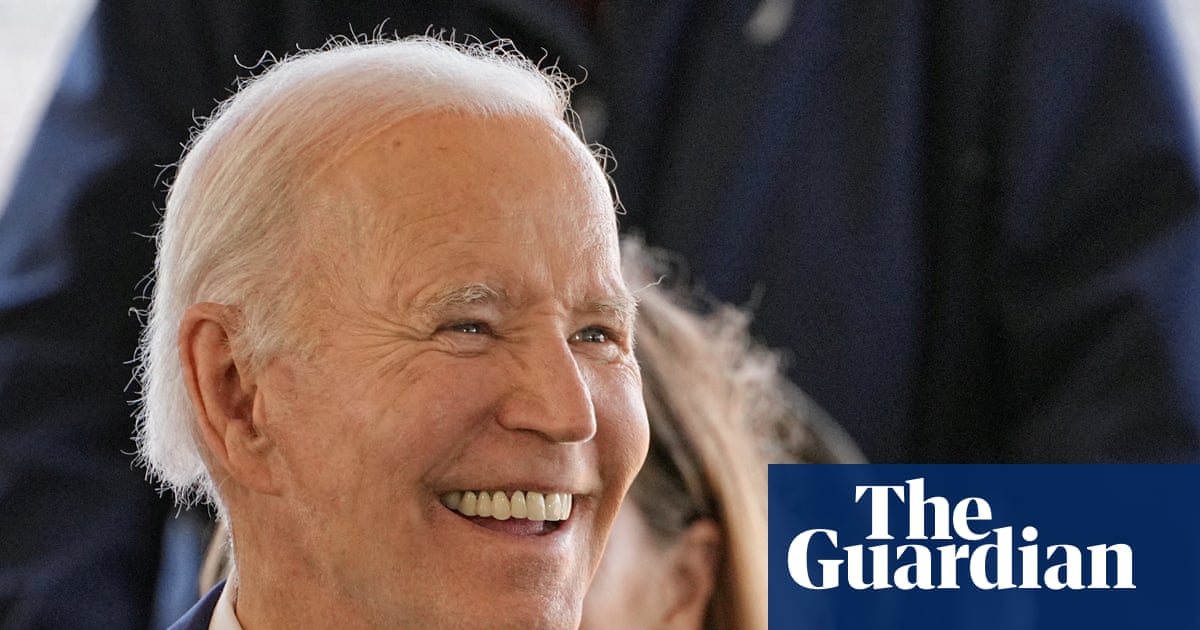






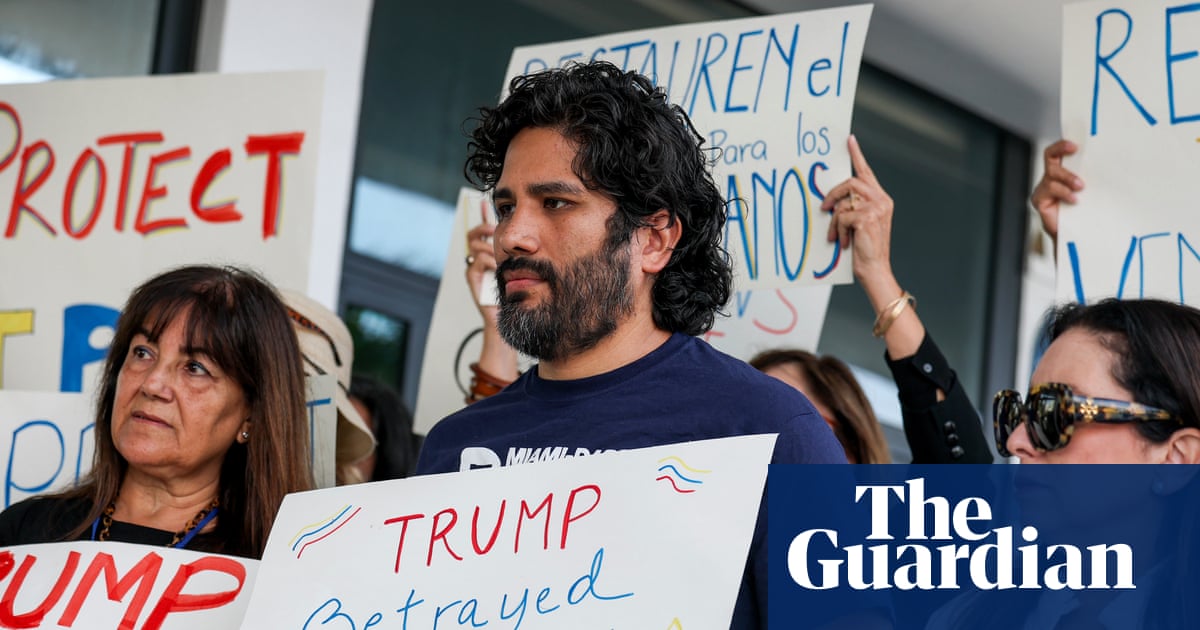


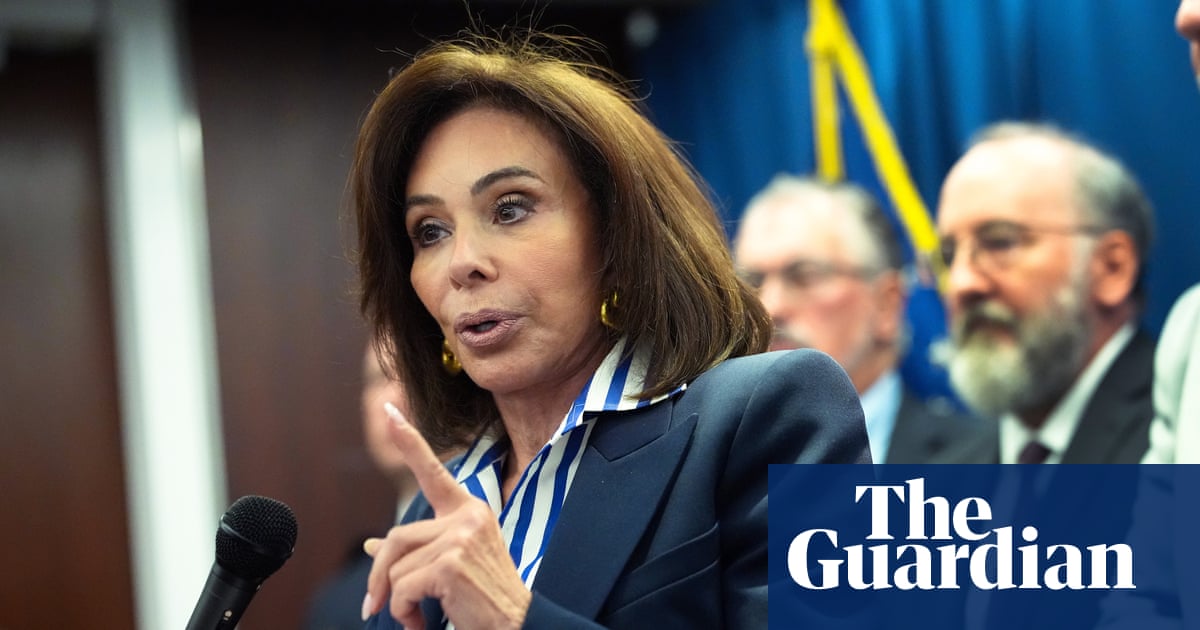







Comments